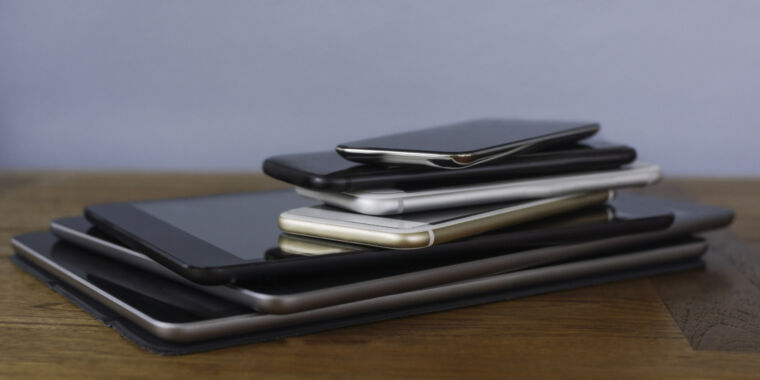
Security firm Corellium, which develops software that researchers can use to analyze Apple products, won a partial victory in Apple’s lawsuit against it, as a judge ruled that the creation of virtual iOS environments does not infringe Apple’s copyright not.
Since 2017, Corellium has been creating iOS environments that can work on computers, as a research and development tool. Apple sued Corellium in 2019, claiming: “Corellium’s real purpose is to take advantage of the blatant hacking of iOS” and claims that the firm “encourages users to sell discovered information. [about system vulnerabilities] on the open market to the highest bidder. ‘
Earlier this year, Apple amended the case to include allegations that Corellium’s work violated the Digital Millennium Copyright Act’s (DMCA) ban on circumventing or disrupting DRM.
U.S. District Judge Rodney Smith of the U.S. District Court for South Florida yesterday issued his ruling (PDF) in the case, denying Apple’s motion for summary judgment, and granted some, but not all, of Corellium’s motion for it. And found that Corellium’s actions were fair use, but ‘issues of material facts’ still exist.
Partially granted
Smith determined for Corellium regarding the copyright claim and determined that Corellium not only cloned iOS as a way to compete with Apple, but rather used Apple’s work as a basis to create something new.
“Corellium is making several changes to iOS and includes its own code to create a product that has a transforming purpose,” Smith wrote. “Corellium’s profit motivation therefore does not undermine the defense of fair use, especially if it does not take into account the public benefit of the product.”
Apple also claims that Corellium’s conduct was “completely improper” and that the company did not act in good faith. However, Smith wrote that ‘Apple’s position is puzzling, if not insignificant’, as Corellium has a customer investigation process and ‘exercised discretion to withhold the Corellium product from those who suspect it may be using the product for malicious purposes .
In short, the court “does not find Corellium a lack of good faith and fair trade,” Smith ruled, and “further, taking into account all the necessary factors, the court finds that Corellium has complied with its burden of fair use.”
Partially denied
Apple’s second allegation that Corellium illegally circumvented its DRM under section 1201 of the DMCA is more difficult to deal with.
Under section 1201, creating a technological measure that effectively controls access to a job is illegal in any form of final round – even if you have a good reason, such as research or repairs, to do so. Apple, as you would assume, has various technological measures by which it protects iOS.
However, there are some exemptions from Article 1201. Every three years, the US Copyright Office reviews the list and may choose to add new exemptions. In 2015, for example, it became legal for researchers to hack voice machines and medical devices in controlled environments for purposes of good faith research.
There are Article 1201 releases for smartphones, but it is specifically limited to jailbreak, for software interoperability reasons, and for unlocking devices to move between service networks.
Even though Smith found that Corellium was doing fair use as far as the copyright claim was concerned, he reject the reasonable use argument as to the 1201 claim. “If the court thereby accepts Corellium’s position that fair use is a defense to Apple’s DMCA claim, it would render section 1201 meaningless,” Smith wrote. “Therefore, Corellium may use iOS fairly, but it is not exempt from the possible liability for the use of circumvention tools to illegally access iOS or elements of iOS.”
The lawsuits related to the Article 1201 claim will therefore continue in the new year.
